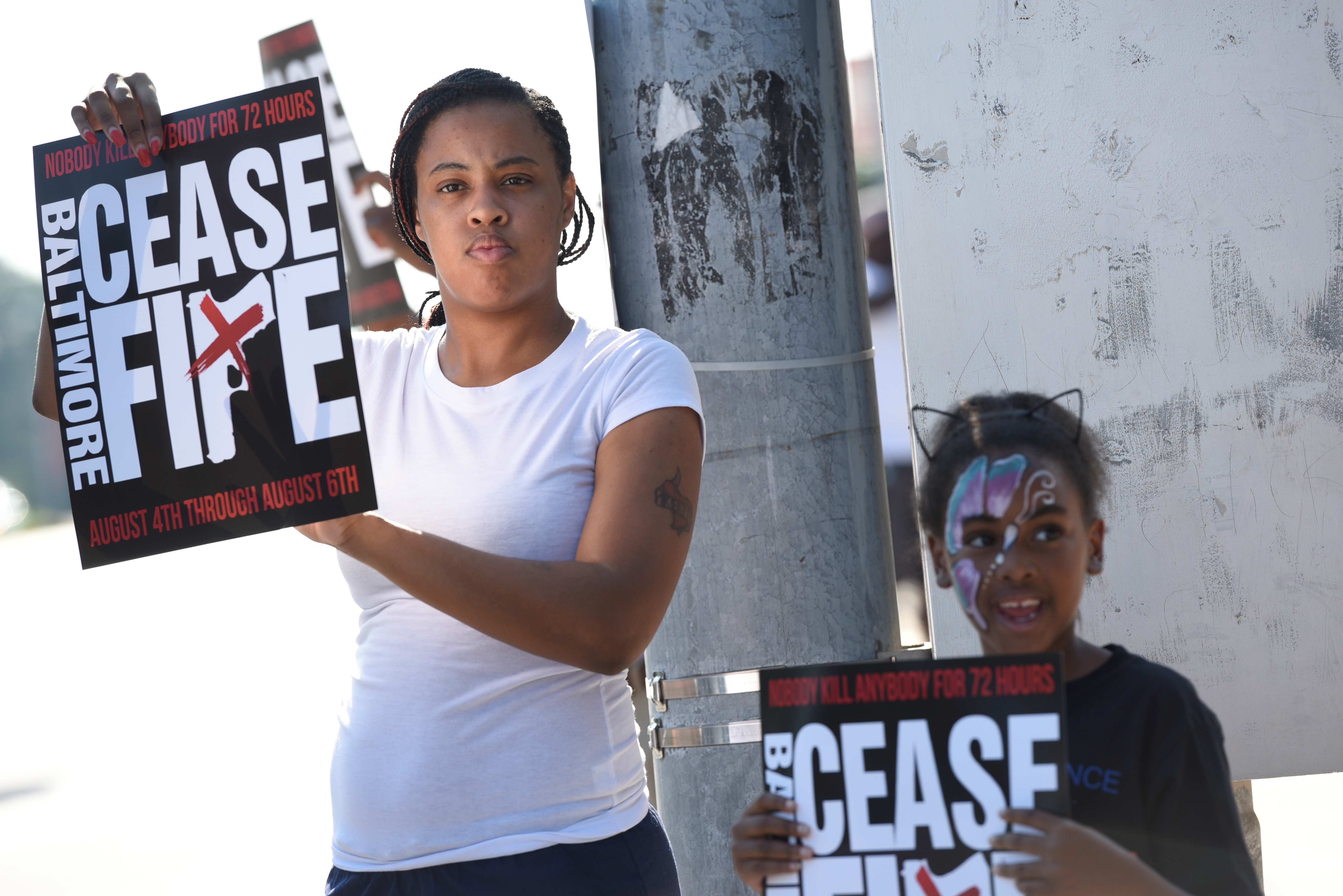
BEIRUT (Reuters) – Dozens of mortar bombs landed on the last major rebel stronghold near the Syrian capital Damascus on Wednesday, a war monitor and a witness said on Wednesday, despite a 48 hour truce proposed by Russia to coincide with the start of peace talks in Geneva.
After a relatively calm morning, shelling picked up later in the day, accompanied by ground attempts to storm the besieged enclave, a witness in the Eastern Ghouta area told Reuters.
The Syrian army stepped up bombardment two weeks ago in an effort to recapture Eastern Ghouta, a rebel-held pocket of densely populated agricultural land on the outskirts of the capital under siege since 2012.
Scores of people have been killed in air strikes during the offensive, and residents say they are on the verge of starvation after the siege was tightened.
Russia had proposed a ceasefire on Monday in the besieged area for Nov. 28-29. U.N. Syria envoy Staffan De Mistura later said Russia had told him that the Syrian government had accepted the idea, but “we have to see if it happens”.
The Syrian Observatory for Human Rights said at least one person was killed when dozens of mortars crashed into Eastern Ghouta on Wednesday.
Eastern Ghouta is one of several “de-escalation” zones across western Syria where Russia has brokered ceasefire deals between rebels and President Bashar al-Assad’s government. But fighting has continued there.
On Tuesday, shelling killed three people and injured 15, but was less intense than in previous days, the observatory said. It had reported intense bombardment that killed 41 people over two days from Sunday to Monday.
“A two-day truce is not nearly enough for civilians facing grave violations of international law – including bombardment and besiegement – but it is a window of opportunity to save the lives of the most desperately in need of treatment,” said Thomas Garofalo, International Rescue Committee’s Middle East Public Affairs Director, in a statement on Wednesday.
The Syrian delegation arrived in Geneva to participate in the eighth round of United Nation-sponsored peace talks. It delayed its departure for one day after the opposition repeated its demand that Syrian President Bashar al-Assad step down.
Nasr Hariri, head of the opposition delegation, told a Geneva news conference on Monday night that he is aiming for Assad’s removal as a result of negotiations.
The government delegation will be headed by Syria’s U.N. ambassador and chief negotiator Bashar al-Ja’afari, state-run news agency SANA said.
A breakthrough in the talks is seen as unlikely as Assad and his allies push for total military victory in Syria’s civil war, now in its seventh year, and his opponents stick by their demand he leaves power.
(Reporting by Sarah Dadouch and Dahlia Nehme; Editing by Angus McDowall, Jeremy Gaunt and Peter Graff)












